Share:
Sociopolitical Factors Influencing Rewilding Success

In an effort to unravel the intricacies of rewilding success, a new global study has delved into the often-overlooked sociopolitical dimensions of these ambitious ecological restoration projects. Examining 120 rewilding case studies from the International Union for Conservation of Nature’s (IUCN) “Global Re-introduction Perspectives,” researchers incorporated sociopolitical factors, guiding principles, success metrics, and threats to gauge the multifaceted nature of project outcomes.
The study challenges the traditional focus on ecological elements and introduces a broader perspective that encompasses social, political, and ecological dynamics. Researchers scrutinised the guiding principles set by IUCN’s Rewilding Thematic Group, success factors, and threats outlined in existing literature, creating a comprehensive framework for analysis.
Crucially, the models incorporated the ten guiding principles for rewilding formulated by IUCN’s Rewilding Thematic Group, as well as success factors and threats identified in existing literature. The goal was to create a nuanced understanding of the elements driving successful rewilding initiatives, encompassing ecological, social, and political considerations.
Proof of concept of rewilding
The assessment involved measuring the self-reported “level of success” from case studies against the guiding principles, success factors, and threats. The findings revealed that factors like local awareness of rewilding benefits and the demonstration of a proof of concept were strongly associated with higher success levels, as reported by case study authors. Notably, Guiding Principle 9, emphasising the intrinsic value of all species, emerged as a key determinant of rewilding success.
The research underscores the necessity of integrating both ecological and sociopolitical factors into the planning and execution of rewilding projects. By acknowledging the importance of factors beyond ecological considerations, the study paves the way for a more comprehensive and effective approach to rewilding.
Local engagement
In addition, the study emphasises the positive correlation between the success of rewilding projects and the engagement of local communities. The study encourages project planners to prioritise these sociopolitical elements to enhance the likelihood of successful rewilding outcomes.
Contrary to previous analyses that predominantly focused on European cases, this study incorporates a global lens, recognizing the diversity of rewilding projects across different regions and taxonomic groups. The inclusion of a broader spectrum of cases enhances the generalizability of the findings, providing a more robust foundation for future rewilding endeavors.
This research marks a significant step toward a more comprehensive understanding of rewilding success. By unraveling the intricate tapestry of ecological and sociopolitical factors, the study equips practitioners with valuable insights to guide the planning and execution of successful rewilding projects globally.
For a rewilding project to thrive, it is crucial to implement certain activities and consider rewilding itself as an endeavour that inherently bestows intrinsic value upon wildlife and nature. This perspective significantly enhances the likelihood of project success. Therefore, practitioners should incorporate these sociopolitical factors into their planning, particularly when rewilding through reintroduction is the chosen method.
Rewilding guidelines
While IUCN’s “Guiding Principles for Rewilding” (Carver et al., 2021) offer valuable insights into the foundational principles a rewilding project should embrace, there is a distinct need for more practical guidance on executing a rewilding initiative, encompassing both ecological and social perspectives. Although adhering to IUCN’s “Guidelines for Reintroductions and Other Translocations” (IUCN SSC, 2013) and “Guidelines to Facilitate Human-Wildlife Interactions in Conservation Translocations” (Consorte-McCrea et al., 2022) is crucial for establishing the groundwork for conservation translocations and reintroductions, a gap exists in practical guidance specifically tailored for rewilding projects.
To address this gap, we propose the development of a comprehensive set of practical guidelines for rewilding that considers both ecological and sociopolitical factors for success. This proposed guidance aims to ensure the embodiment of the guiding principles for rewilding right from the project’s inception. By integrating such guidance into their planning, practitioners can significantly enhance the prospects of success for rewilding initiatives, contributing to the broader goals of biodiversity conservation and ecosystem restoration.
Source: The role of social and political factors in the success of rewilding projects






